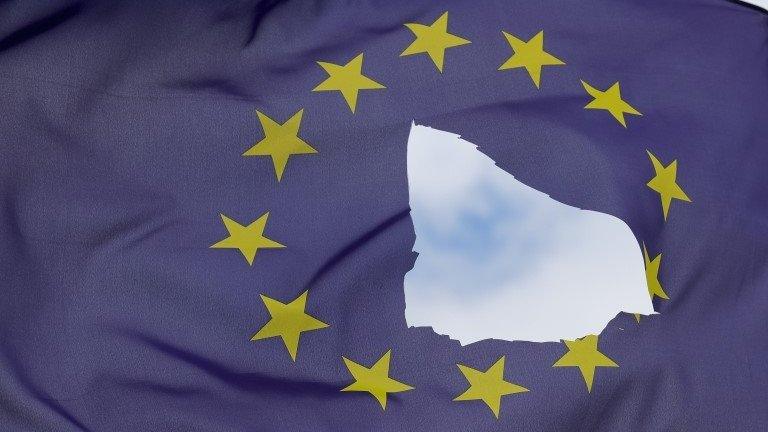EU Referendum: Rise in enquiries for second passports
- Published
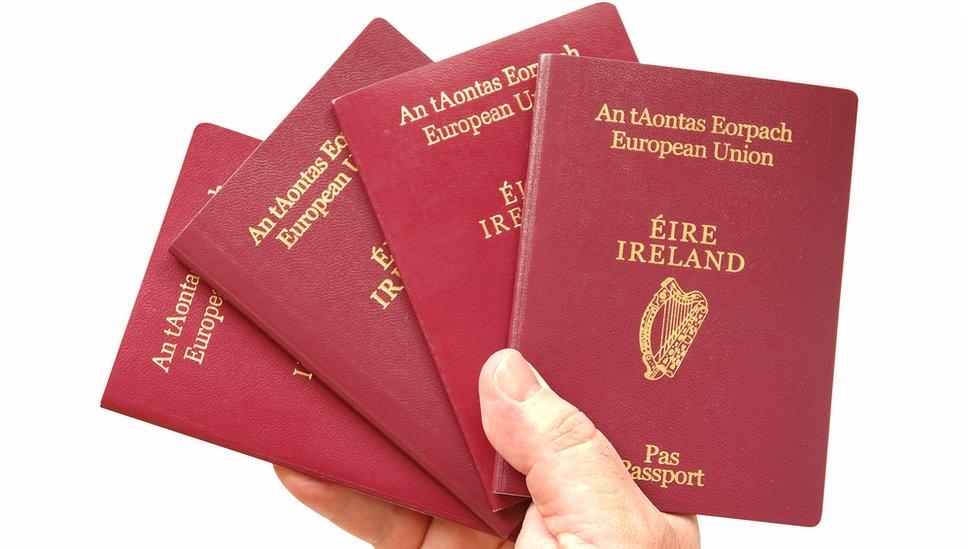
There has been a rise in enquiries about Irish passports following the EU referendum result
People of Irish descent are getting advice from embassies on applying for a passport in preparation for the UK's withdrawal from the European Union.
Google searches for Irish passports surged in the hours after the referendum result was confirmed.
The Polish embassy has also had enquiries on how to get a passport.
The Irish Embassy in London said it was likely to take two years before British citizens' travel rights across the EU changed.
Google Trends reported a spike in searches for terms such as "Irish passport" on Friday.
There were also rises in searches for "dual citizenship" following confirmation that UK voters had opted to leave the EU by 52% to 48%.
On Twitter Google Trends revealed, external the second most asked question about the EU from the UK following the referendum was "What is the EU?"
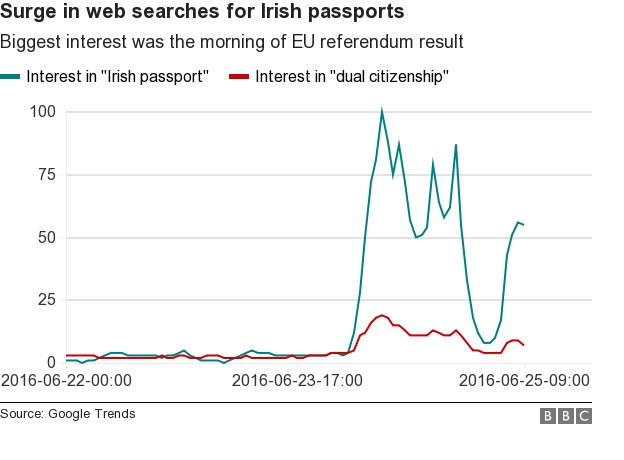
The most searches for "Irish passport" in a seven-day period came at 08:00 BST on 24 June after people woke up to confirmation that Leave had won the referendum.
It continued to be high until the early hours of Saturday morning, then picked up again. The majority were from Northern Ireland.
The searches will have come from people based both in the UK and overseas, such as those who have emigrated to America and will still want to be able to come and go freely to EU countries.
There have also been a "few" enquiries about Polish passports, according to an embassy spokesman.
An Irish passport would allow a British citizen to continue to move and work freely within other European Union member states once the UK withdraws.
Figures from Ireland's Department of Foreign Affairs earlier this month showed the total number of Irish passport applications from the UK this year is 3,334 - up very slightly from 3,239 over the same period last year.
The top searches relating to Irish passports were:
"How to get an Irish passport"
"Irish passport application
"Apply for Irish passport"
"Irish passport office"
"Applying for an Irish passport"
Officials also cautioned that there have been significant fluctuations in recent years and applications from Britain were only a fraction of what they were from 2007-09.
'Maintain their right'
Pat McFadden, a former shadow Europe minister, was born in Scotland to Irish parents and would be entitled to a passport.
The Labour MP for Wolverhampton South East said: "I hold only a British passport but I am not surprised that there has been a spike in enquiries from people who want to maintain their right to live, work and study elsewhere in the European Union."
People with parents born in Ireland are automatically Irish citizens and entitled to claim an Irish passport, irrespective of where they live.
People may also qualify if one of their parents was an Irish citizen when they were born, even if they did not live in the Republic at the time.

Enjoying the freedom to move
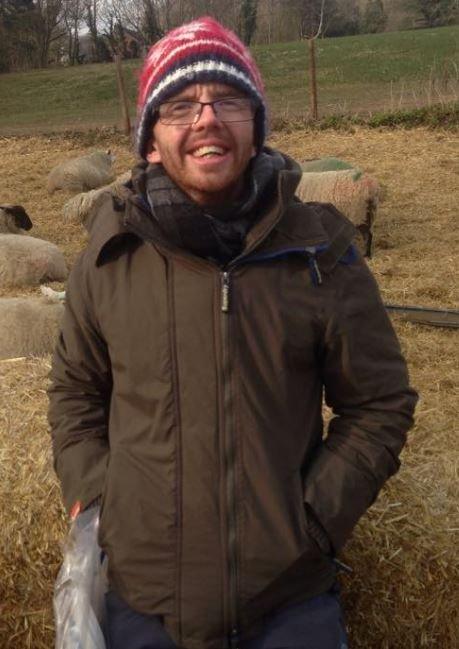
Kieran Murphy is applying for an Irish passport
Kieran Murphy, has two sets of Irish grandparents. He and his parents are applying for Irish passports.
They hope it will make holidaying in the EU easier after Britain withdraws and that it will leave them the option of living and working in other member states in the future.
The 28-year-old from Broseley in Shropshire said: "My family was proud to be part of the EU and we have been pushed into obtaining an Irish passport to remain in something that we believe in.
"I agree with free movement across Europe."
The occupational therapy student at the University of East Anglia in Norwich said he "enjoyed the freedom of being in Europe".
"My sister lived in Barcelona for seven years and benefited from being part of the EU to enable her to do this.
"I voted to remain and am obviously upset with the result."
No proof second passports are necessary
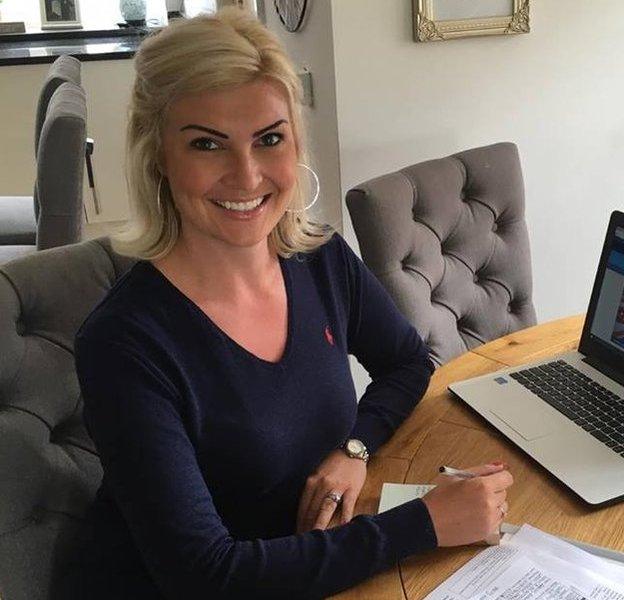
Robina Reeves will not be applying for an Irish passport
Robina Reeves' mother was born in the Republic of Ireland to Irish parents but she will not be applying for a second passport.
"Lots of second generation Irish are looking into this since Brexit as they believe it will mean they will still be able to move freely through Europe and it will make holidays easier. But where is their proof that this will be the case?" said the 31-year-old business development manager from Shrewsbury.
"There are a few countries that are in Europe, but not in the EU, such as Iceland, Liechtenstein, Norway and Switzerland.
"Residents of these countries can work in the EU on the same footing as EU Nationals as they either belong to the European Economic Area or have an individual agreement with the EU.
"Surely as part of our "divorce" package with the EU terms such as above will be negotiated, which will protect interests of the British public travelling through Europe and those nationals currently residing in Britain."

A spokeswoman for the Irish Embassy in London said: "There has been an increase in queries in respect of entitlements to Irish passports; however, reports of queues outside the Passport Offices are incorrect and the Passport Offices in Dublin and Cork are operating as normal.
"The Passport Service will closely monitor the situation with respect to the impact on applications and the deployment of Passport Service staff. Figures for applications in June will be released at the end of the month.
"It is important to note that while UK voters have voted to leave the EU, this process will take some time and UK passport holders continue to enjoy the rights of EU citizens until a formal exit occurs. Under the Treaties, it is envisaged this is a process that will take at least two years."
Advice has been published on the Irish government's website, external.
A spokesman for the Polish Embassy in London said: "We have not recorded any surge in formal applications for Polish passports as of yet, although a few members of the public have already enquired about the procedure."
- Published24 June 2016
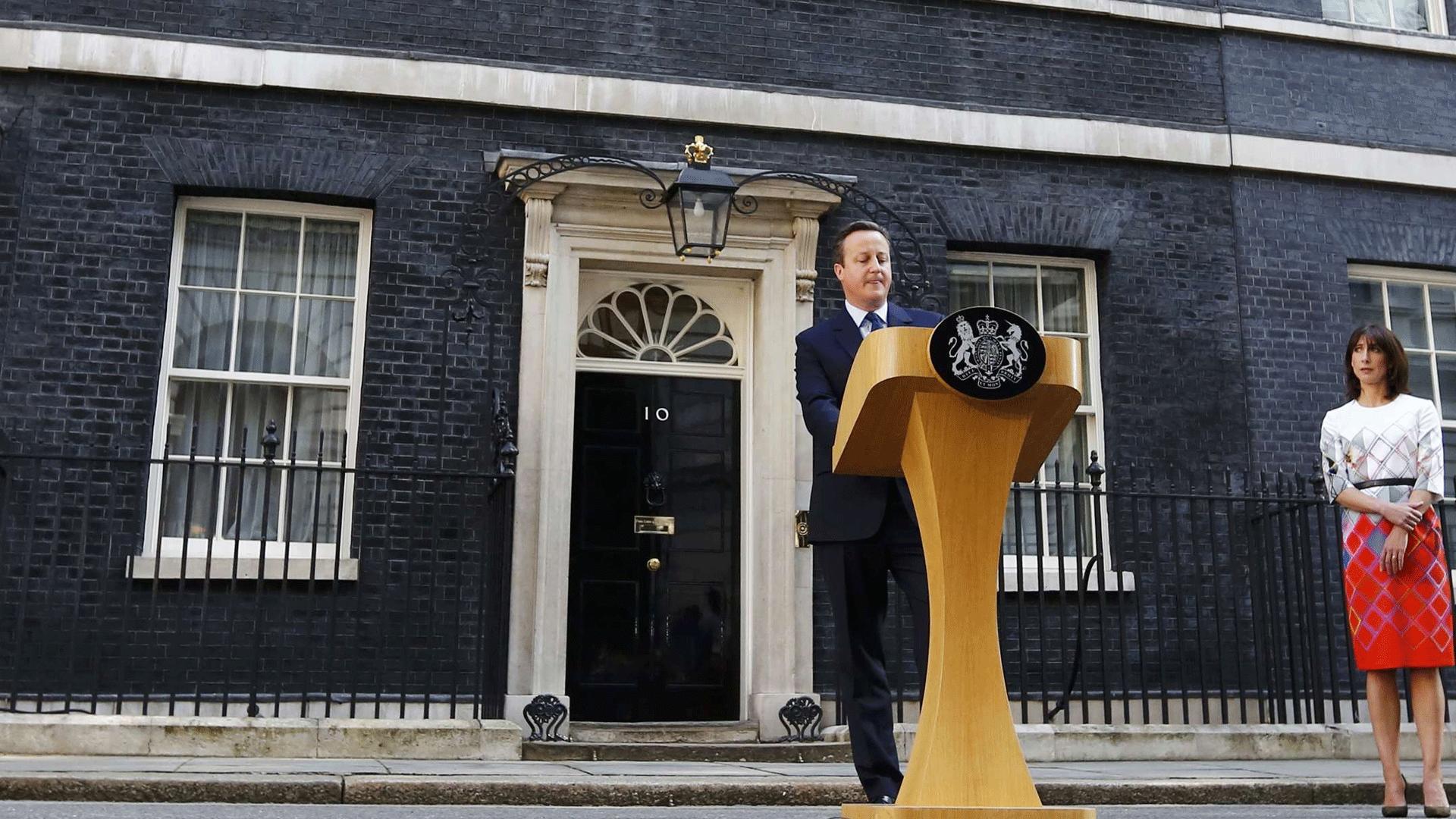
- Published24 June 2016
